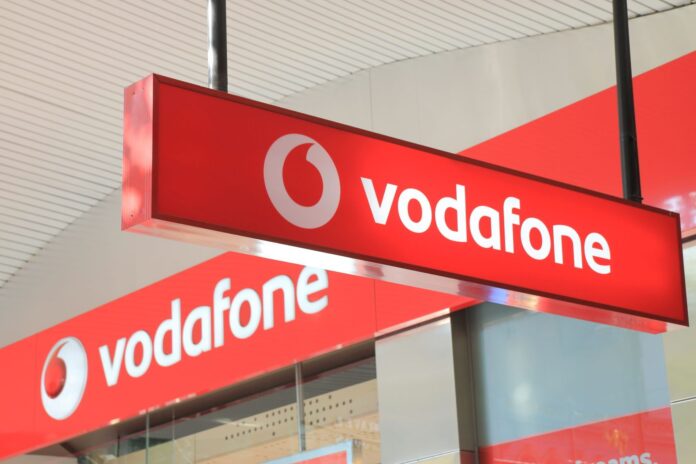Vodafone uses dynamic spectrum sharing in Germany and Netherlands
In reporting its H1 financials today, Vodafone Group CEO Nick Read said the multi-national operator is focused on “5G built right,” marketing language used for some time in the U.S. by Verizon in reference to the plus-1 Gbps speeds on its millimeter wave network. Read also dinged dynamic spectrum sharing, a software technology that allows for 4G and 5G to share the same spectrum band, despite the fact Vodafone uses DSS to deliver 5G in parts of European footprint.
Speaking on a webcast, Read said, “With the investment in more efficient 5G and 4G, we will be able to switch off 3G networks in phases and re-farm our strong spectrum holding to gain higher capacity and performance. 4G will continue to play a critical role in ensuring broad, high quality rural coverage. For 5G, we will ensure the right balance between 5G built right…and dynamic spectrum sharing technology which operators use to show coverage but will essentially be 4G speeds.”
Vodafone currently offers 5G services in nine countries. In Germany and Netherlands, the latter through VodafoneZiggo, the operator uses DSS. Vodafone has also tested DSS in Ireland.
In a Q&A session with analysts, Read expounded: “We went onto the front foot on 5G. We were on the first to launch…It was small but it was widely dispersed throughout our European markets. From a perception perspective, we are very much seen as a leader in 5G. The question is, how should we deploy? Some operators are taking dynamic spectrum sharing…which is effectively giving you a 5G symbol but 4G performance. What we said as a company is, ‘No, we don’t want to do that. It will be misleading to consumers and businesses.’ What we want to do is 5G built right. We know that if we deploy the significant 3.5 GHz-type level spectrum along with 700 [MHz] ultimately when it’s available in each of the markets, that is real 5G. We’re starting with the cities, we’re starting with the business parks where there is an economic case.”
That urban focus speaks to where 5G can really create value particularly beyond just enhanced mobile broadband. “5G, this is about enterprises,” Read said. “This is about businesses, enabling their capability moving forward in an IoT world. I think it’s about us not focusing on coverage messages with an inferior product. It’s about a superior product where the economics really count.”

